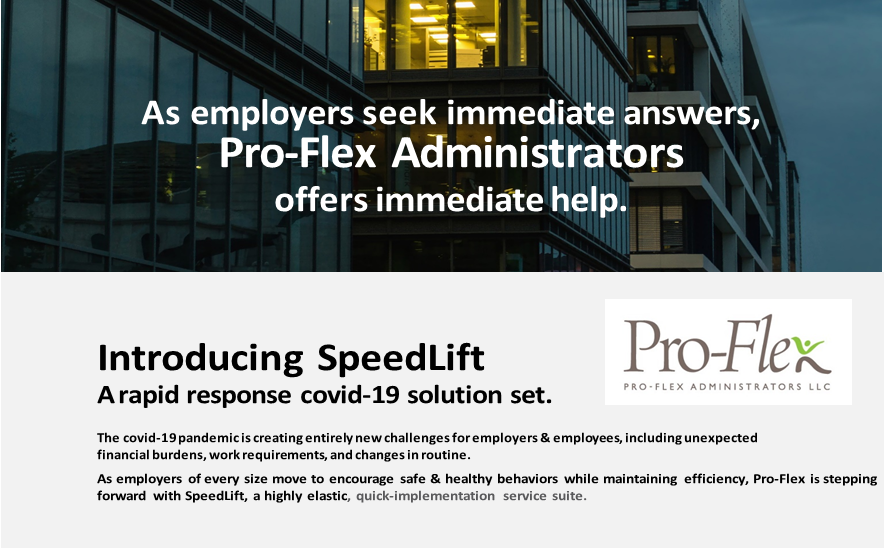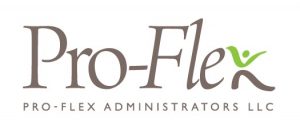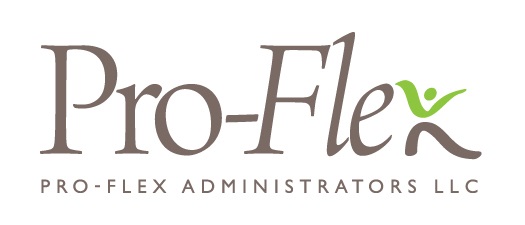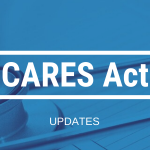
Cost-of-care offsets.
Situation
IRS Notice 2020-15 permits employers to cover expenses for testing & treatment of C-19 prior to satisfaction of the minimum deductible without disqualifying the HDHP.
New, unforeseen medical expenses will create financial burdens for consumers.
Employers seek to encourage employees to seek care.
Option: A new, limited purpose, HSA-compatible COVID-19 HRA
A new HRA expressly to help preserve consumer HSA dollars.
Should be stacked prior to the HSA; can be offered as a new benefit under an existing employer.
Mobile + portal claim submission.
A new emergency assistance plan template available in the platform.
Situation
New, unforeseen medical expenses will create financial burdens for consumers.
Employers want to encourage employees to seek care.
Option: HSA funding acceleration
HSA Advance allows employees access to future contributions and provides a fully automated mechanism to re-pay employers as contributions are received.
Employers can establish flat dollar amounts for all employees. Easy mid-year implementation.
Employers can also consider acceleration of their future contributions to the HSA.
Option: Discounts on out-of-pocket expenses
FSA Store, powered by affords convenient consumer access to low-cost eligible items.
For employers requiring staff in the workplace.
Situation
With children home from school, employees will face increased child-care costs, especially in industries such as healthcare, grocers and pharmacies, where on-premises employees are vital to public well-being.
Option: New temporary dependent care benefit
A new option to cover dependent care expenses with an expanded set of expense coverage, including babysitters.
Leverage new emergency assistance plan templates and customize expense list, as needed.
Ability to spend up to employer-contributed amounts. Employee attestation of legitimate use of dollars.
Section 139 may allow tax-free contributions to employees and employer tax deduction.
Situation
Employers are discouraging use of mass transit to minimize risk of infection.
Notes
Remind employees to suspend or divert their transit contributions to a parking plan. Refunds for transit & parking may be made back onto a debit card. Merchant policies may apply as re. refund amounts & timing.
For employees now WFH.
Situation
Employers are enacting business continuity plans that require staff to work from home
Employees may incur costs to outfit their home office, such as computer & phone accessories, ergonomic items, etc.
Employees have varying financial resources & may not have access to corporate credit cards
Option: New WFH benefit account
A new card-based program to provide ready access to funds when needed, with limited MCCs to control where funds are used.
Cash flow benefit to employee & employer via national funding.
Establish a separate employer to enable card issuance on a non-IIAS BIN.
Section 139 may allow tax-free contributions to employees and employer tax deduction.
Cost offsets for employees unable to work.
Situation
Certain employees may not be able to work or may have reduced hours due to business closures.
Option: New emergency funds account
A new limited MCC card for spending on necessities (such as groceries, utilities, more) but that excludes certain merchant types (such as liquor stores).
Establish a separate employer to enable card issuance on a non-IIAS BIN and customize the portal language via file by plan; portal access can be optional.
Notionally funded account eases employer cash flow burden. Ability to create customized rules as needed.
For COBRA
Administration/ Direct Billing for Employee’s on Leave.
Situation
The negative economic impact of the pandemic and the likely increase in unemployment require administrators stand prepared, especially while operating with diminished capacities.
Options for employers
-
- Implementation of COBRA alternative arrangements which provide access to an individual exchange for consumers to purchase coverage, rather than electing
We are ready to do whatever it takes.






